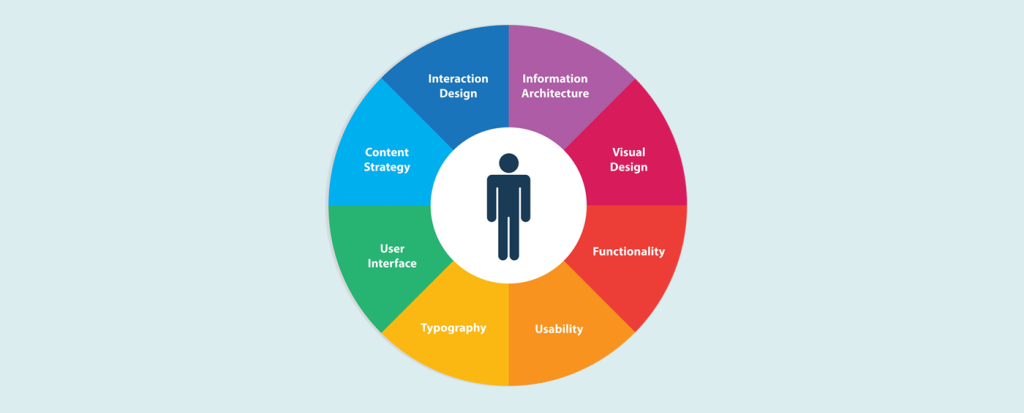
User experience (UX) refers to the overall experience that a person has when interacting with a product, system, or service, especially in the context of digital technology. It encompasses all aspects of the user’s interaction, including their perceptions, emotions, and responses.
A good user experience focuses on understanding the needs and goals of the users and designing products or services that meet those needs effectively and efficiently. It involves various disciplines such as user research, interaction design, information architecture, visual design, and usability testing. The goal is to create a seamless and enjoyable experience that allows users to accomplish their tasks easily and achieve their desired outcomes.
Key principles of user experience design include:
- User-Centered Design: Placing the user at the center of the design process and considering their needs, goals, and behaviors throughout the entire development cycle.
- Usability: Ensuring that the product or service is easy to use and understand, minimizing cognitive load, and providing clear and intuitive interactions.
- Consistency: Maintaining a consistent design language and interaction patterns across different parts of the product, promoting familiarity and reducing the learning curve for users.
- Accessibility: Designing with inclusivity in mind, making the product usable for people with disabilities or impairments by providing alternative ways of interaction or content presentation.
- Feedback and Responsiveness: Providing timely and relevant feedback to users to confirm their actions, inform them of progress, and address any errors or issues that may arise.
- Visual Appeal: Creating an aesthetically pleasing design that engages users and enhances their emotional connection with the product.
User experience is not limited to just digital interfaces but extends to any touchpoint a user has with a product or service, including physical products, customer support, marketing materials, and more.
By focusing on user experience, organizations can differentiate themselves from competitors, build customer loyalty, and ultimately drive business success by creating products and services that users love to use.
